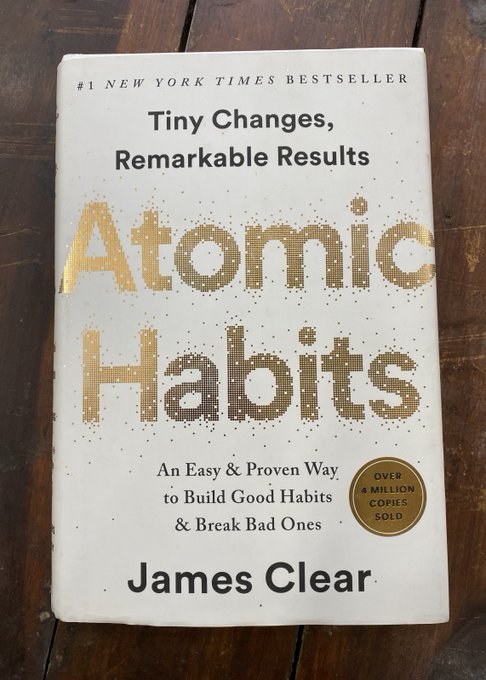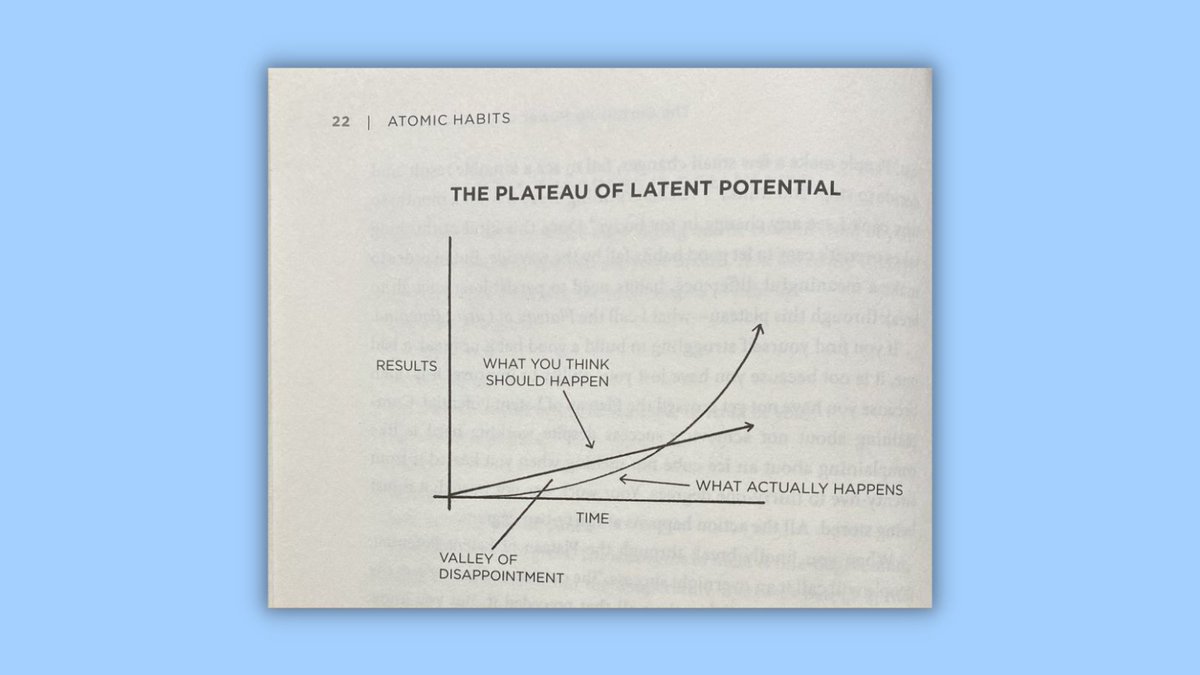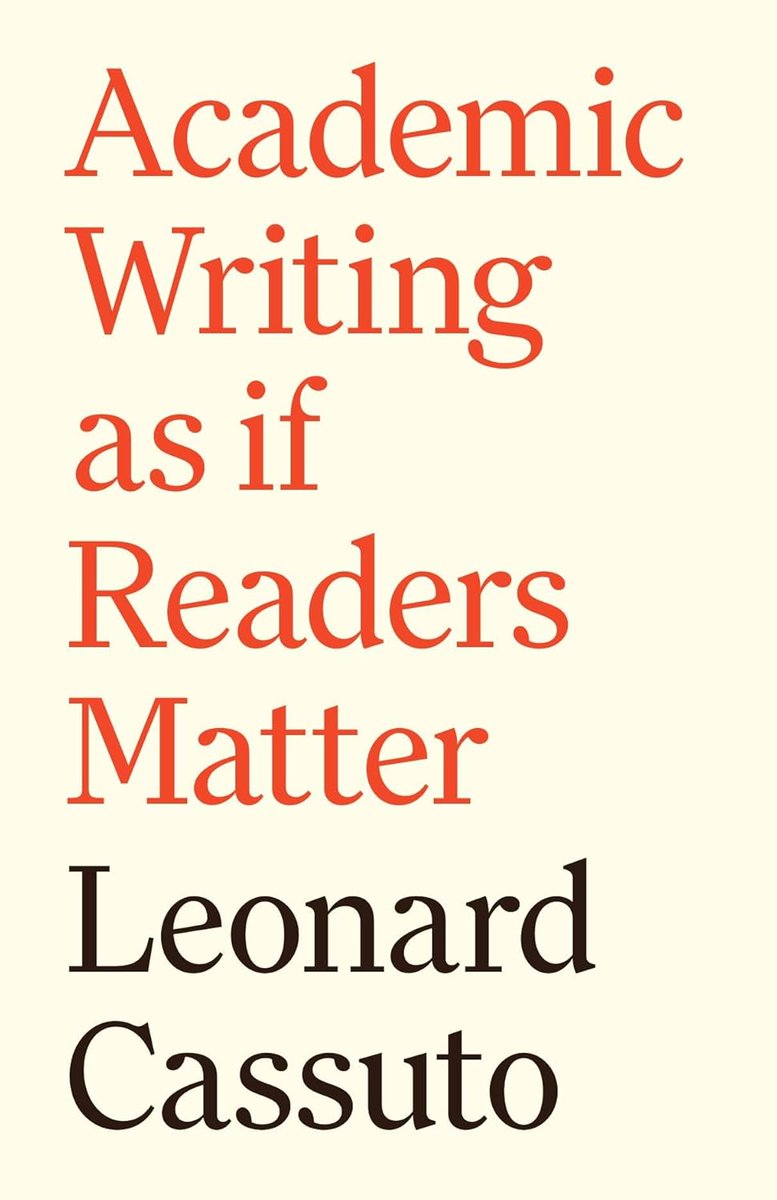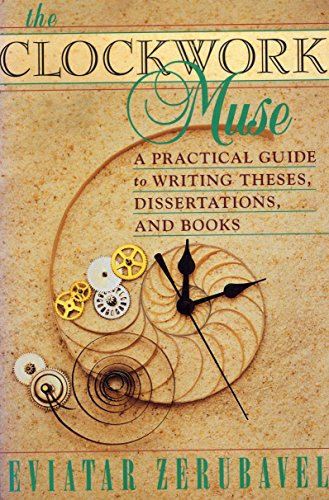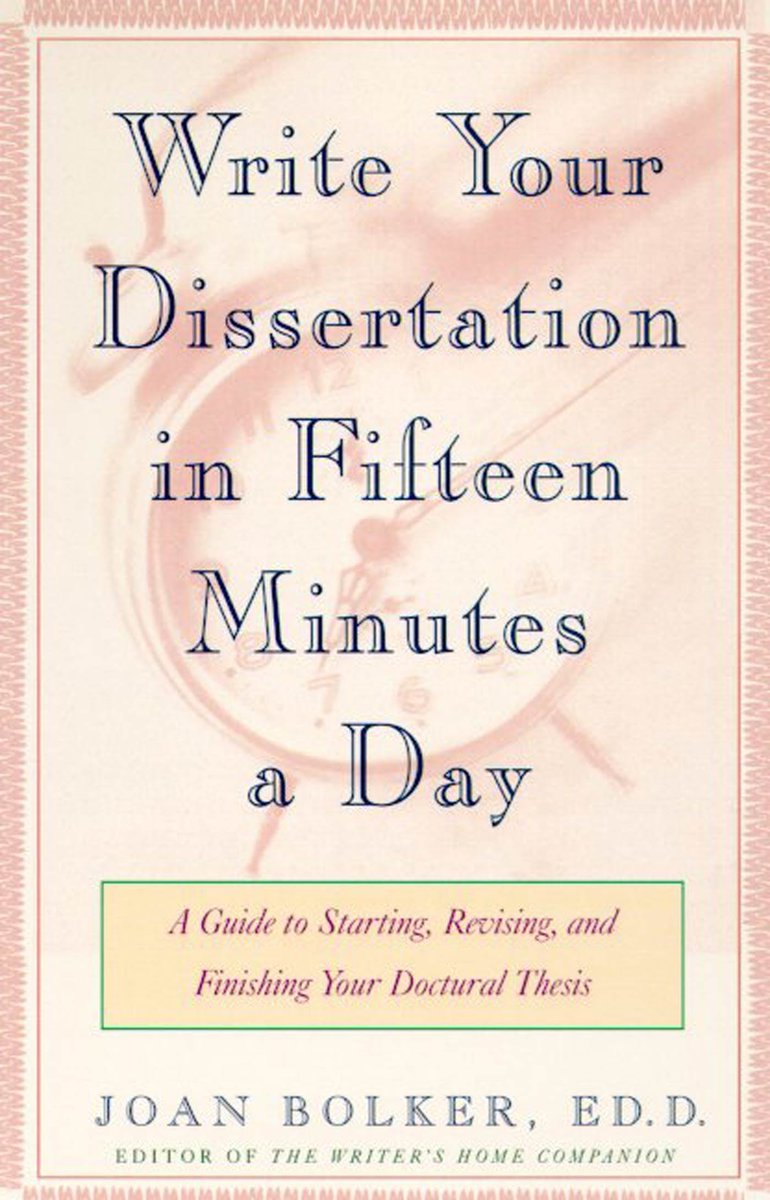A (Non-Boring) Twitter History of the Word, Namāz ( نماز#, #नमाज़)
The word “namāz” in #Urdu/#Hindi is used for the five daily prayers that every #Muslim is supposed to offer.
The word for the five daily prayers in #Arabic , however, is salat, صَلاة
1/12
The word “namāz” in #Urdu/#Hindi is used for the five daily prayers that every #Muslim is supposed to offer.
The word for the five daily prayers in #Arabic , however, is salat, صَلاة
1/12
Of Persian import, namāz has a long and extremely complex history, which can be traced back to the pre-Islamic past.
The origin of namāz can be traced back to an ancient proto-Indo-European root, nam (to bow, to bend).
2/12
The origin of namāz can be traced back to an ancient proto-Indo-European root, nam (to bow, to bend).
2/12
The verb nam (to bow) and the noun namah-/namas- (prostration, reverence) can be found in both #Sanskrit and Avestan, the Zoroastrian #Scripture .
avesta.org
3/12
avesta.org
3/12
The greeting “namaste” in contemporary Hindi is derived from the Sanskrit expression, namas-te (literally, reverence to you).
4/12
4/12
The word namah started changing to namāz in Pahlavi (or Middle Persian), the language of the Sasanian empire (224–651).
By the third century CE, the word had changed first to namach and then to namāz and had come to mean “prayer.”
5/12
By the third century CE, the word had changed first to namach and then to namāz and had come to mean “prayer.”
5/12
Mani (216-274 CE), the founder of the Manichean religion, used the word, namāz, in this sense in his scripture, Šābuhragān.
6/12
iranicaonline.org/articles/sabuh…
6/12
iranicaonline.org/articles/sabuh…
After the Arab conquest of Iran in the 7th century CE, namāz came to be used as a Persian equivalent of the Arabic salat.
7/12
7/12
By the eleventh and twelfth centuries Persian poets like Farrukhi Sistani (1000-1040) and Khaqani Shirvani (c. 1120 – c. 1199) were using expressions like panj namāz (five prayers) in their poems.
8/12
8/12
Namāz and salat came to be used interchangeably in the Persian translations and exegesis of the Qur’an.
Check out Travis Zadeh's wonderful book, "The Vernacular Qur'an" if you're interested.
9/12
global.oup.com/academic/produ…
Check out Travis Zadeh's wonderful book, "The Vernacular Qur'an" if you're interested.
9/12
global.oup.com/academic/produ…
By the time Muhammad Quli Qutub Shah (1565-1612), the fifth king of the Qutub Shahi dynasty in India used namāz in his poems in a language that would later become Urdu, the usage of the word in the sense of five daily prayers was firmly established.
10/12
10/12
In contemporary Persian, namāz is also used in a generic sense of worship in religions like Christianity and Judaism.
But in Urdu it specifically means the five daily prayers of (South Asian) Muslims.
11/12
But in Urdu it specifically means the five daily prayers of (South Asian) Muslims.
11/12
This thread was brought to you with the help of Daniel Sheffield who is a professor of medieval and early modern Persian-speaking world at Princeton.
Thanks for reading!
12/12
Thanks for reading!
12/12
• • •
Missing some Tweet in this thread? You can try to
force a refresh


